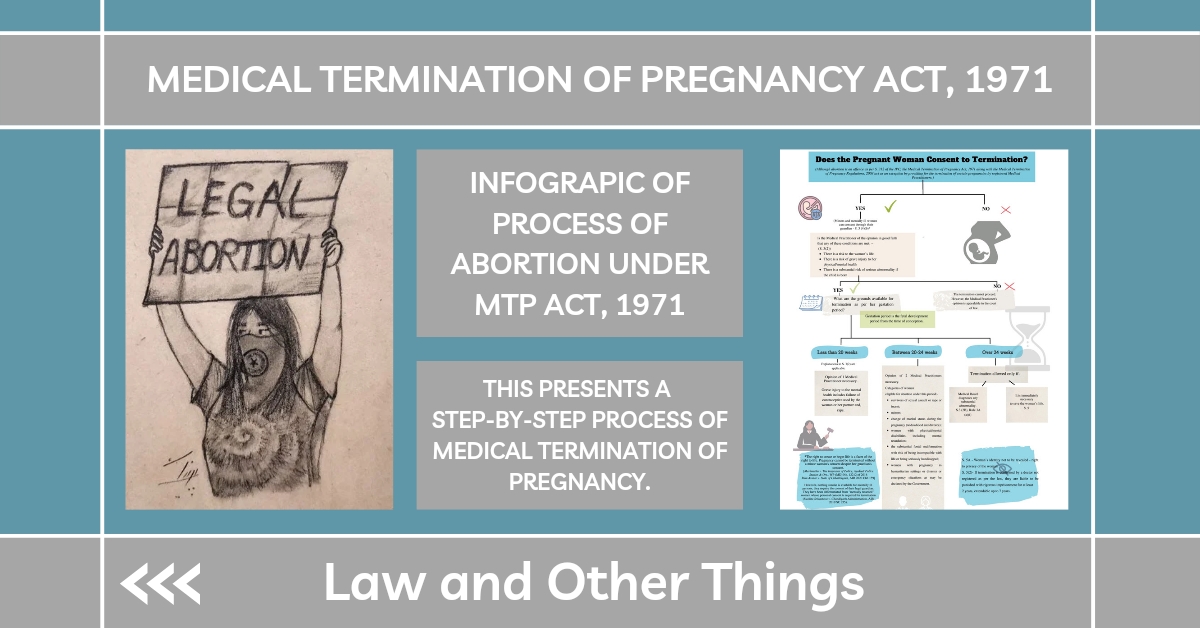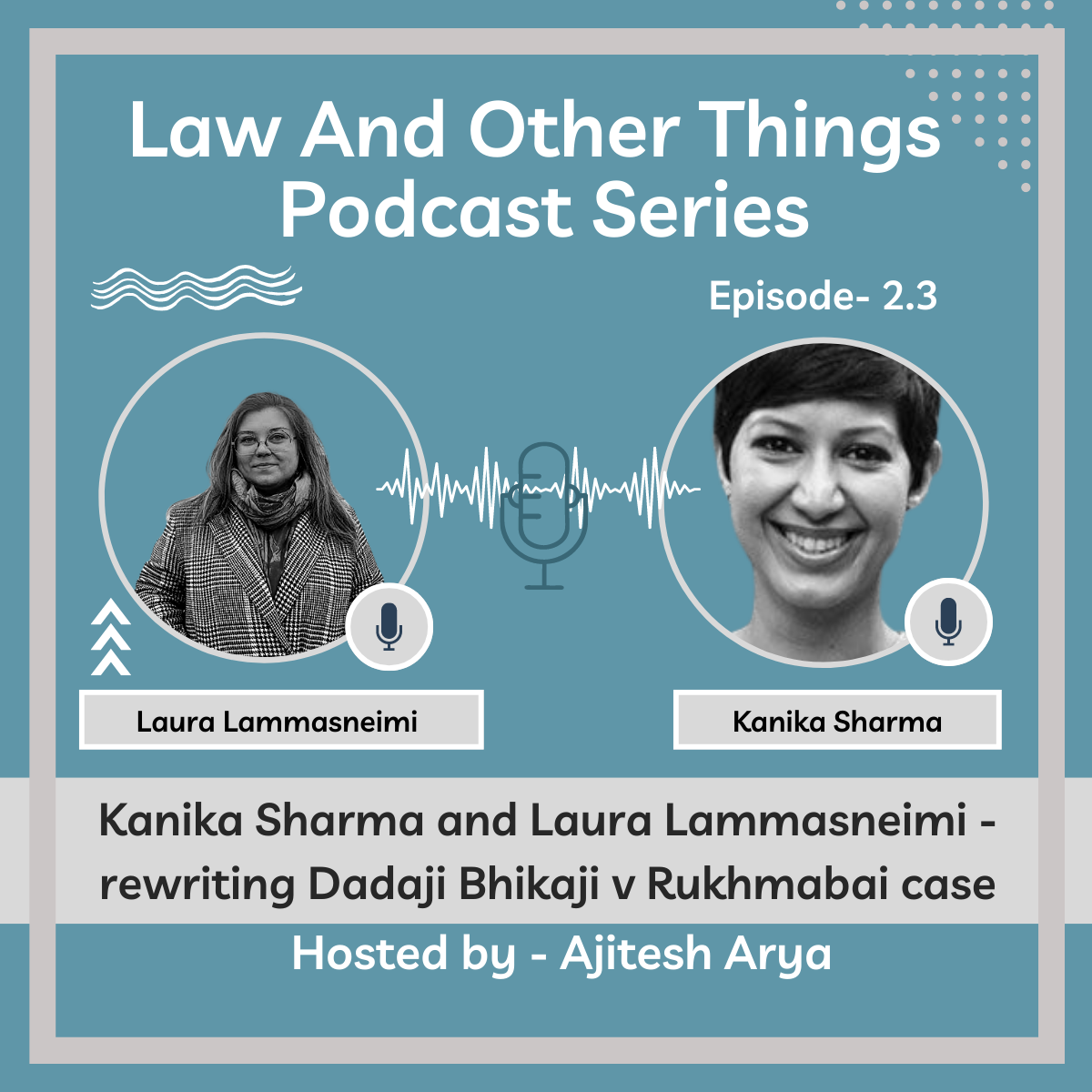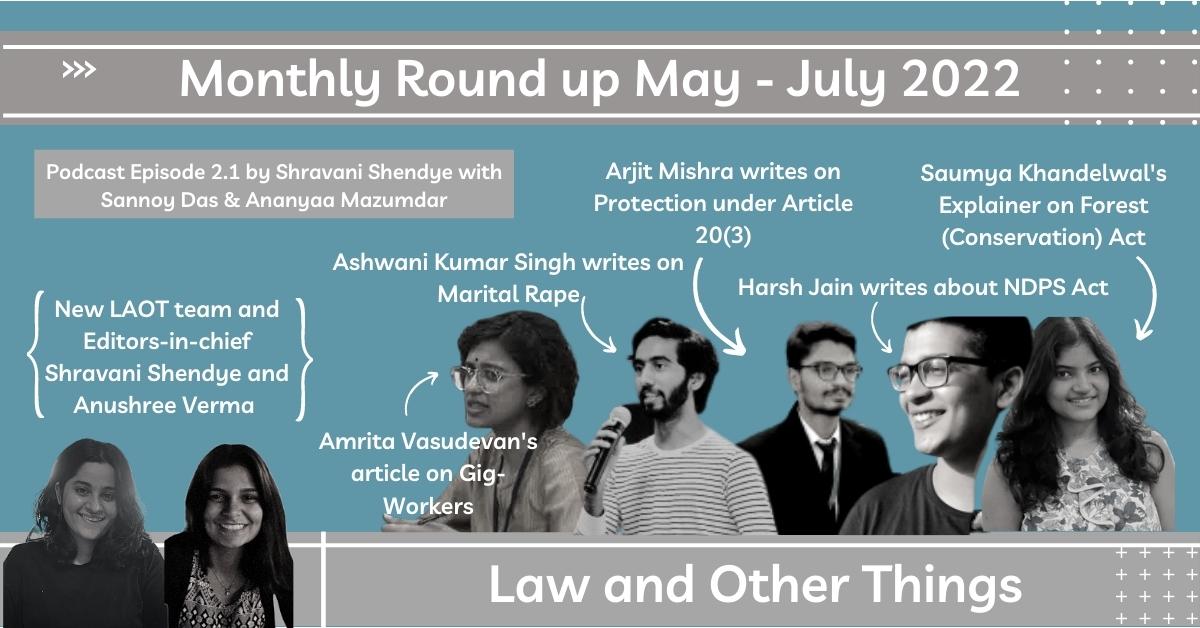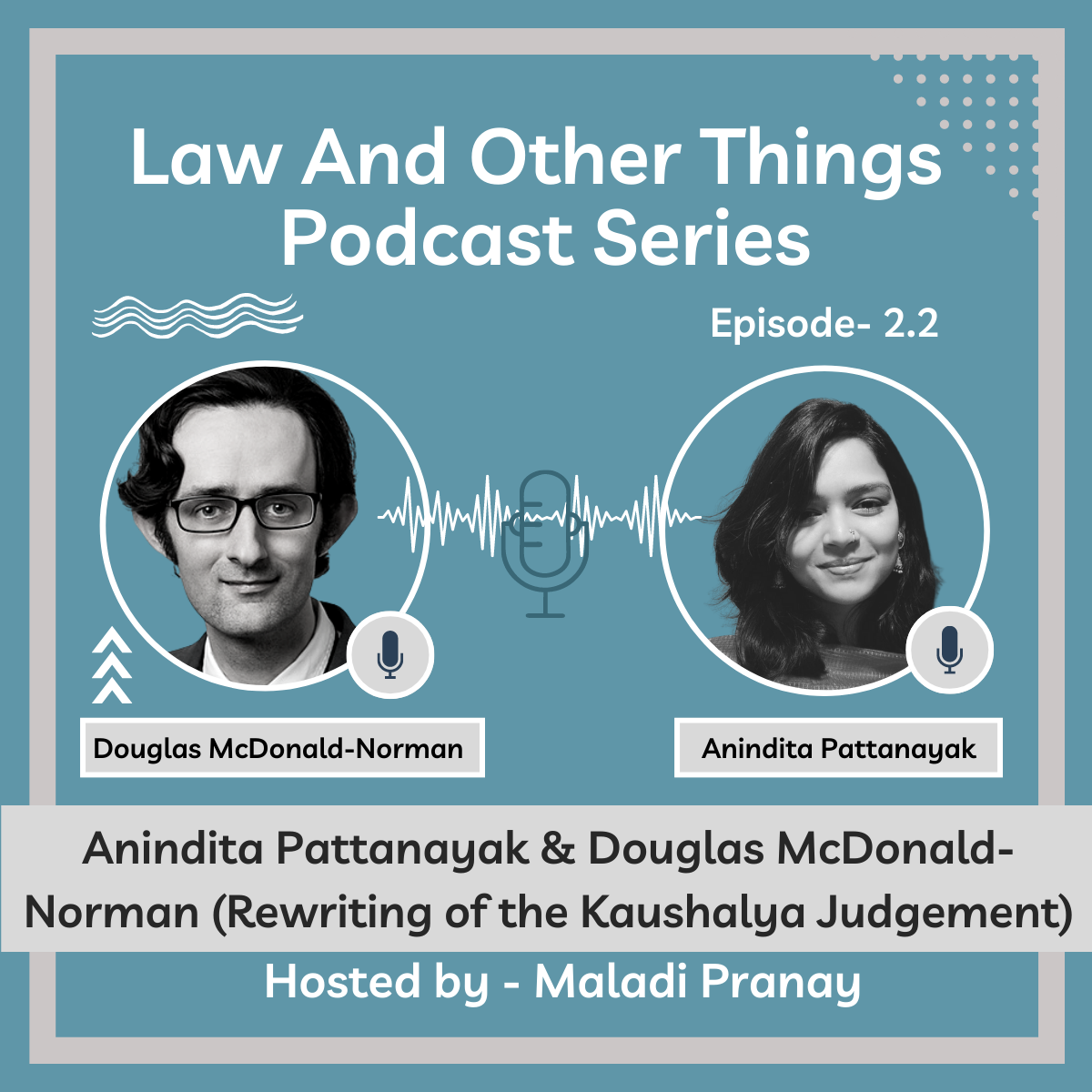Part I of this two-part blog series briefly discussed the idea of the online disinhibition effect and how the existence of anonymous online users on social media platforms has given rise to increased...
Anmol Jain writes an extensive two-parter where he analyses the merits and demerits of online anonymity while developing an idea for an alternative legal regime that may address the concerns posed by...
Infographic describing procedures for medical abortion in India.
Law and Other Things published a range of interesting articles and new scholarship discussions to further scholarship in public law. Below we bring you an update on the Blog’s activities during...
In this episode, Ajitesh Arya, a legal editor at our blog, is in conversation with Kanika Sharma and Laura Lammasneimi regarding their rewriting of the judgment of Dadaji Bhikaji v Rukhmabai, This...
After the success of our webinar series conducted in July 2022 on the theme “Multilateral Perspectives in Animal Protection and Practice“, the Animal Law Centre, NALSAR University of Law...
In this piece, the authors submit that Noel Harper judgment falls short in testing the impugned amendments to the FCRA on the doctrine of proportionality, inasmuch as the four-prong test of...
The Courts and the Constitution Conference marked the close of the 2021-22 academic year for the Law and Other Things team. The conference saw six-panel discussions on various themes under...
The Indian Feminist Judgments project [IFJP] is a collaboration between feminist legal academics, litigators and judges, practitioners, and activists from law and other disciplines who use a...
Ashwani employs textual and conceptual analysis of provision-specific exceptions to rebut Justice Harishankar’s arguments that the MRE forms a part of the main definition clause. He argues that the...
The phenolphthalein test is prevailingly used by the ACB for investigating a 'corrupt' public servant. However, the self-incriminating nature of the test attracts the vice of unconstitutionality...
The CPA Project are looking to hire a Research Associate with 2-3 years of experience with litigation drafting and research. Further information can be found below:
Objectives and Features of the Act The Constitution of India places a fundamental duty on every citizen under Article 51-A(g) and on the State under Article 48-A to improve and protect the...













